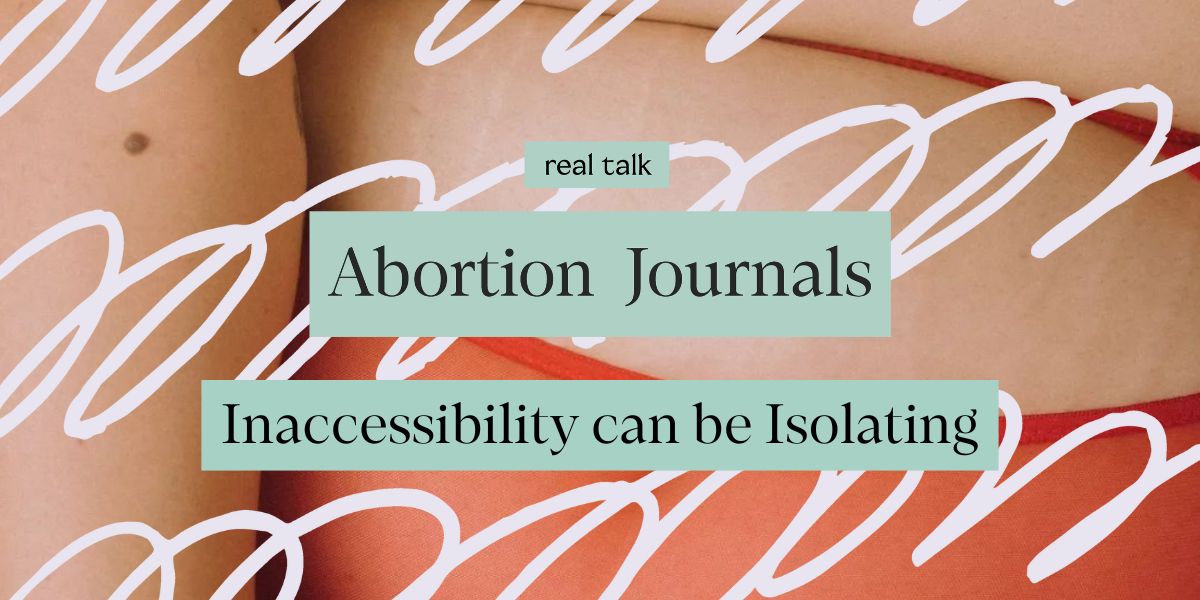How long does the morning-after pill delay ovulation?

If you’re wondering whether using the morning-after pill affects your ability to get pregnant in the future, you’re not alone. Read on to find out what the over-the-counter morning-after pill does to your body, how long it lasts, its side effects, and whether long-lasting infertility is a concern.
What is the morning-after pill?
Emergency contraceptive pills (aka the morning-after pill) containing levonorgestrel — the active ingredient in Restart™, PlanB One-Step, My Way, AfterPill, and more — are available online or over-the-counter at most local pharmacies. This type of morning-after pill is considered to be one of the more accessible emergency contraceptive options since other options require a prescription or a doctor’s appointment for IUD insertion. Availability and accessibility can also vary depending on where you live.
When should I take the morning-after pill?
You can take the morning-after pill within 3 days (72 hours) of unprotected sex; and the sooner, the better. Follow the instructions on the packaging. You take one tablet orally as soon as you can following unprotected sex.
Reasons for using the morning-after pill can include:
Shop the article
- Contraceptive failure: a condom breaks or a diaphragm moves out of place
- Inconsistent use of another birth control: forgotten pills or patches
- You have another reason to believe your birth control failed: it could be close to its expiration date
- Having sex without any protection for any reason: being forced or manipulated into it
What to know before taking the morning-after pill
The morning-after pill with levonorgestrel may not be the right choice for everyone. It’s not recommended if:
- You’re allergic to any of its ingredients
- You have certain medical conditions
- You’re taking certain medication
Consult your primary care physician to ensure the morning-after pill with levonorgestrel is recommended for you.
There are certain medications and supplements that might make this type of morning-after pill less effective, including (but aren’t limited to) those that help control bleeding (tranexamic acid), certain antibiotics, St. John’s wort, and certain medications for anxiety or depression.
Speak to your primary care provider about emergency contraception options particularly if you have any health conditions that could make it less effective or unsafe for you to use.
So, does Plan B have a weight limit? Unfortunately, the FDA approved morning-after pill (Plan B, Restart, Julie) is less effective if you have a higher BMI. While Plan B does not have a weight limit, heavier women are more likely to get pregnant.
What does the morning-after pill do to your body?
The morning-after pill delays ovulation, or the release of the egg from your ovary. This helps to reduce your chances of becoming pregnant. This can include preventing an egg from being released from the ovary, preventing sperm from fertilizing the egg, or preventing the implantation of a fertilized egg in the womb.
If a fertilized egg has already gone through the implantation process, this type of emergency contraception will be ineffective, and the pregnancy will progress.
Taking an emergency contraceptive will not cause a miscarriage or abort an existing pregnancy. If you don’t get your period within 3 weeks of taking the morning-after pill, we recommend taking a pregnancy test and following up with your primary care doctor.
How long does the morning-after pill delay ovulation?
Emergency contraceptives only last a short while after ingestion, and it’s possible to get pregnant later within the same menstrual cycle. You don’t need to take the morning-after pill more than once every 24 hours, should you have unprotected sex multiple times in this timeframe.
If you have unprotected sex again outside of this window, you may want to take another dose. While it is safe to take more than one dose after a 24-hour period from the last one, it is important to remember that the morning-after pill is not recommended to be used as a regular form of birth control. It is not recommended as normal birth control because you’ll most likely still ovulate again. The only form of emergency contraception that can also be regular birth control is the copper IUD.
What are the side effects of emergency contraception?
There are few known health risks to using emergency contraception. The most common side effects of the Plan B pill include nausea and changes to your period. Irregularities in your menstrual cycle may last for a few months. You may also experience headaches, fatigue, dizziness, vomiting, and abdominal pain.
Reach out to your primary care provider if you vomit within two hours of taking the medication. You will likely need to take another dose.
The side effects of emergency contraception are short-term and don’t cause long-lasting medical complications. In rare cases, side effects may persist or worsen.
Get medical attention if you experience:
- Uterine or vaginal hemorrhage (ruptured blood vessels causing bleeding)
- A rash accompanied by an itching sensation
- Severe pain or unusual abdominal cramping before your next period
While you can take the morning-after pill as many times as you need, it should not be used as regular birth control. Having a regular method of birth control will be more effective than repetitive use of emergency contraceptives. As a reminder, only barrier methods have the additional benefit of protecting you from sexually transmitted infections.
Can the morning-after pill cause infertility?
It is widely asked, can Plan B make you infertile? Infertility isn’t a side effect of the morning-after pill (Plan B, Restart, Julie.) Emergency contraceptives delay ovulation for a short period, they reduce your chances of getting pregnant after unprotected sex.
There is no evidence suggesting that fertility is otherwise affected by the morning-after pill. Chances of getting pregnant should be the same as before, by the time you start your next cycle.
If you are on any medications or have other health concerns, ask your primary care provider about the right emergency contraception for you.
Stix is here to help if you need a free morning-after pill or want to donate a dose of Restart.
REF:QUIZ
Keep Reading

How effective is the morning-after pill?
Apr 26

Our team's experience taking the morning-after pill
6/2/2023 • 4 minutes

How to prevent pregnancy after unprotected sex or birth control failure
Apr 27














